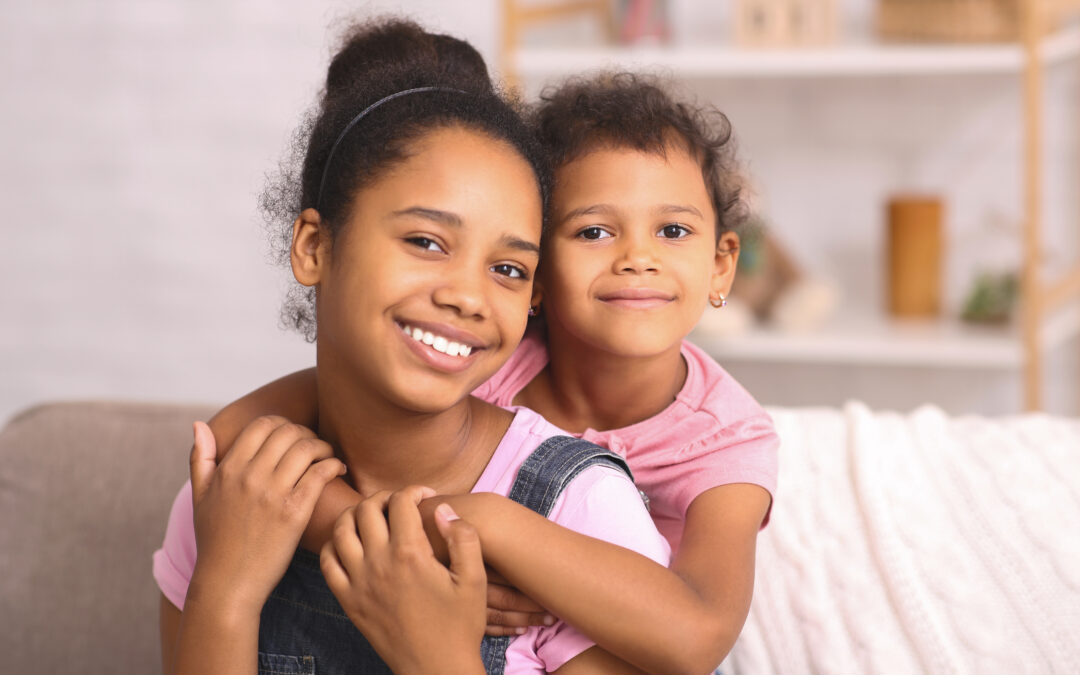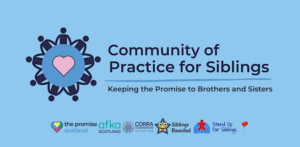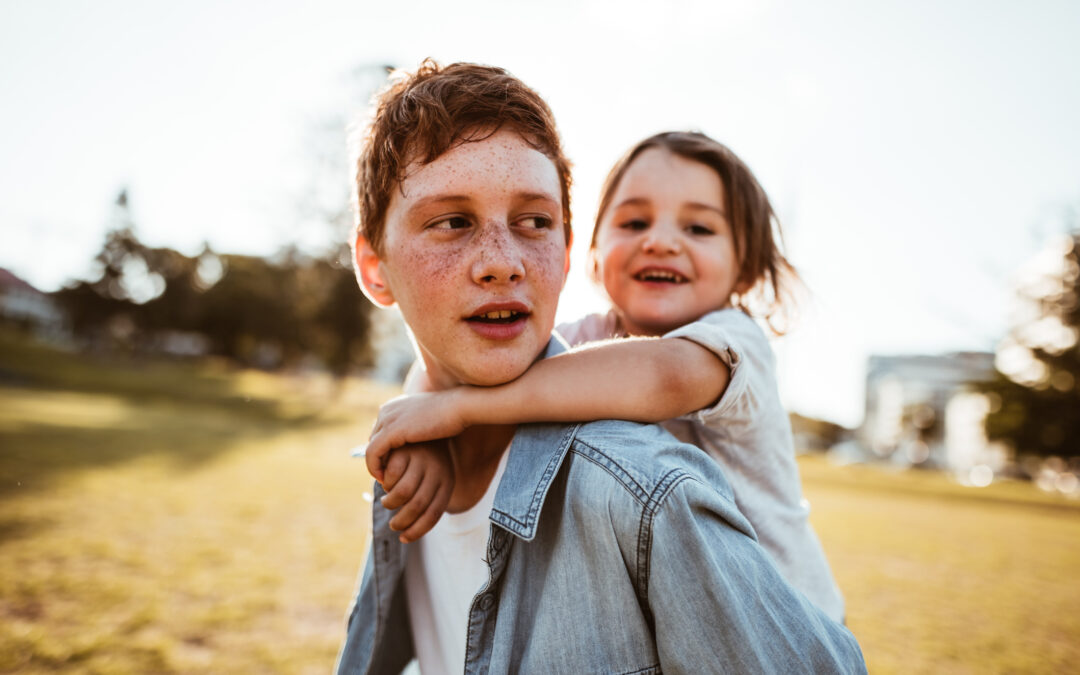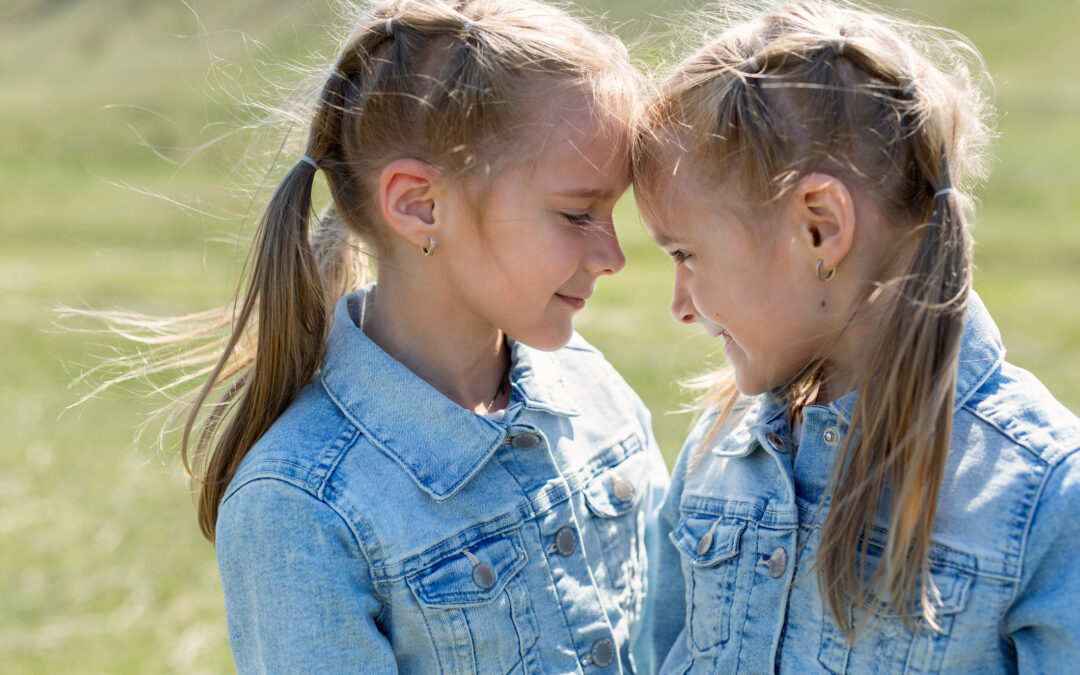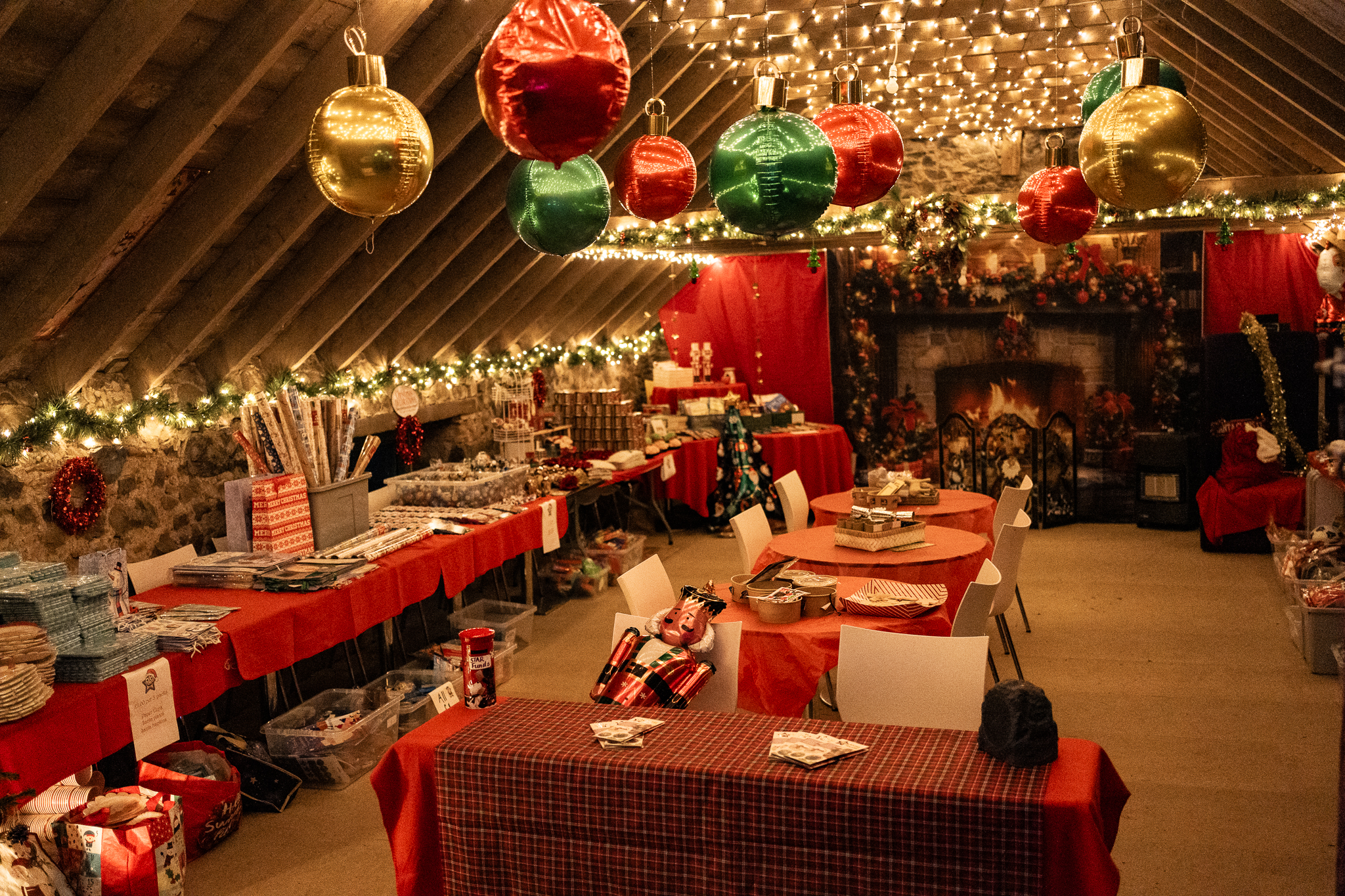
Friendship as a ‘sibling-like’ relationship
We are delighted to publish this guest blog by Dr Autumn Roesch-Marsh from the University of Edinburgh and The Binks Hub.
My friends were the ones that really stood up for me when I was in care – P1 (Friendship Focused Support Project)
I was delighted to be invited to present some of the work of the Transforming Friendship Focused Support project at the January 2025 meeting of the Community of Practice for Siblings (COP). In this blog I will share a bit about what I presented, as well as some of the insights that emerged from the brilliant conversations we had on the day. If you want to see my full slides you can access these on The Binks Hub website.
The Transforming Friendship Focused Support, funded by an ESRC Impact Grant, emerged out of a review of the literature which showed that the friendships of care experience people have often been ignored by researchers (see Roesch-Marsh and Emond 2020, 2021). Through conversations with the Scottish Throughcare and Aftercare Forum (Staf), practitioners and carers, we learned that this issue was sometimes being overlooked in practice. The aim of the project is to develop some resources that will help practitioners to further develop their approaches to supporting friendship.
The project team includes myself, Professor Ruth Emond, from the University of Stirling, Ruth Kerracher, from Staf, and Dr Lily Gilder. Working together we have recruited a small group of experts by experience and the staff who support them, to explore this topic further and develop a mini project on friendship that interests them. We have been supporting them and the staff they work with to learn more about their chosen topic by doing reading, conducting some focus groups and interviews and reflecting on their experiences and knowledge from being in the care system. The projects include a focus on friendship and residential care, friendship and parenting, friendship and trauma, friendship and risk, friendship and higher education, and friendship and ADHD. We are also conducting interviews with practitioners across Scotland to capture their practice wisdom about how they support friendship and how they feel practice in this area could be developed. We have just launched an online survey for practitioners which you can fill in if you are interested in sharing your knowledge with the project.
In my presentation I discussed how both The Promise (2020) and The Staying Together and Connected National Guidance (2021) highlight the importance of friendship for care experienced people.
The Promise is very explicit in stating that:
Friendships with peers must be actively encouraged with support for and trust in the judgement of the main carer rather than over reliance on risk protection procedures, such as police checks before a child in care can go to a friend’s house for a sleepover. (p24)
While the National Guidance (2021) repeatedly highlights the importance of sibling-like relationships, it does not use the language of friendship explicitly. Instead, it refers to the Children (Scotland) Act 2020 which defines sibling-like as a relationship ‘where they have lived together and have an ongoing relationship’ which is like a sibling (2021, p.4). The guidance points out that to determine who these ‘sibling-like’ relationships are the first step is to seek the child’s views. Practitioners are also encouraged to consider if these relationships include ‘companionship, closeness and being playmates; emotional intensity’ and ‘a sense of belonging and security’ (2021, p. 18). These sibling-like relationships may also include strong bonds or be ‘subsidiary attachment figures’ (2021, p.18).
Our discussion in the break-out rooms at the COP suggests that these definitions of ‘sibling-like’ relationships, with their focus on time having lived together, only take us so far in appreciating and thinking about the role of friendship for care experienced children and young people. Practitioners highlighted the fierce and enduring bonds that often exist between friends, even when young people have not lived together. Practitioners should be taking account of and supporting these relationships. Overall, there was a feeling that progress has being made in ensuring we have a holistic understanding of children’s worlds and the important people in them, including friends. However, with limits on practitioner time and resources, taking practical steps to support these relationships was not always prioritized. It was also felt that some carers lacked the skills and knowledge about how to support friendships, especially as the children in their care often have experience of loss and trauma which make it harder for them to trust. We discussed how there remain barriers to supporting friendship in some organisations. These include geographical barriers and financial barriers but can also connect to risk averse cultures and concerns about how friends might influence each other.
There was also a powerful discussion about the role of friendship among groups of young people on Champion’s Boards and other leadership groups. It was felt that friendships were key to the work of these groups, giving the people involved the motivation to carry on and providing peer support. Interestingly, the protective power of friendship among care experienced advocacy and activist groups is something that I have written about before with colleagues at Who Cares? Scotland (see Roesch-Marsh et al. 2023). The link to this open access article is available to read.
These themes are also reflected in the poem by the Shetland Collective:
Well that is why we are here
to make each other feel better.
When things are tough
we stand together
through the pain.
Take a Walk in my Shoes – Shetland Archives
Practitioners highlighted wider issues in relation to the ongoing stigma that some care experienced children and young people face. They identified the need for further work to raise awareness, so that families would not discourage their children from being friends with those who have care experience. They had other useful suggestions about how we could improve our support around friendship, including:
- Integrate friendship more fully into assessments and care plans, but make sure this is based on discussions with children and young people and reflects their wishes.
- Include a regular focus on friendship when you are having discussions with parents and carers (e.g. during support, supervision, peer support groups) to make sure ideas around supporting friendship can be shared and challenges addressed.
- Make the most of the role of Independent Reviewing Officers. For example, IRO’s could focus more on understanding, assessing and recording friendships. They could also make friendship an item heading for reviews.
- Include friends whenever we can (if the child or young person wishes), for example to chum young people on outings, on short breaks etc. Including friends doesn’t always have to cost a lot more.
- More resources and training on friendship skills and friendship support strategies.
- Utilising resources like the Staying Connected Toolkit to think about friendships too.
We will further develop suggestions for good practice as this project evolves and we look forward to sharing the resources that we develop from the project.
They will be launched in November 2025 at the annual Staf Conference and will then be hosted on the Staf website so that all carers, families, practitioners and care experienced people can access them.
Below: A photo of part of the Friendship collage made by the FFSP team November 2024 in Glasgow

